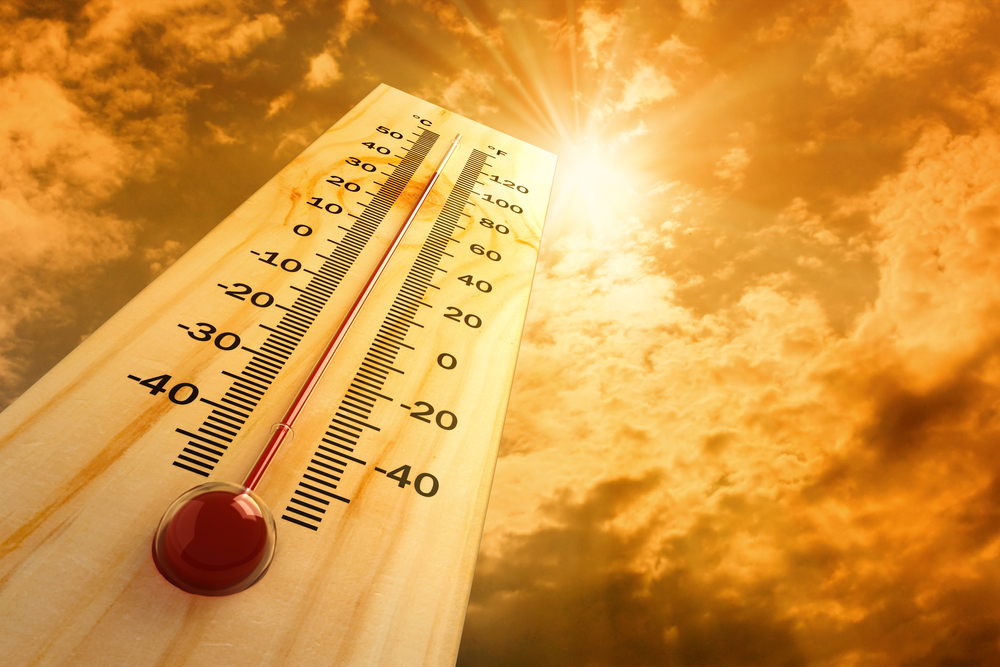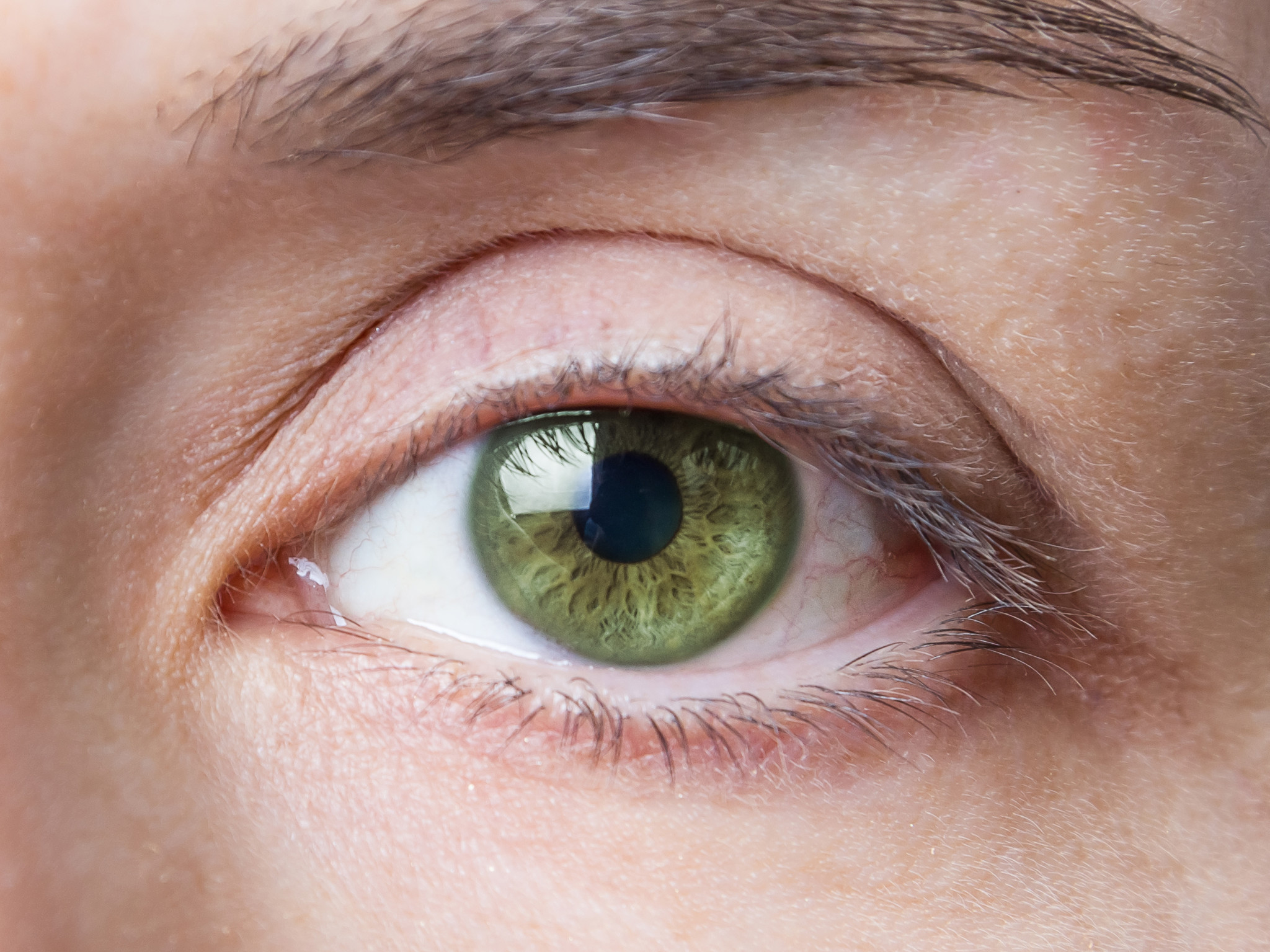Contents:
- Medical Video: 10 Healthy LATE NIGHT Snacks (Under 100 Calories)
- Why do we feel hungry at midnight?
- What you eat all day can make you hungry midnight
- Psychological factors can make you want to eat sweet foods or high MSG at night
- What should be done if you feel hungry at midnight?
- 1. Know why you feel hungry
- 2. Improve diet
- 4. Change your consumption when you are hungry at night
- If it happens too often, behavioral therapy may be needed
Medical Video: 10 Healthy LATE NIGHT Snacks (Under 100 Calories)
Hunger is the body's effort to balance energy for various metabolic functions. This certainly can occur at night, including midnight, the time when the body rests and needs nutrients for the recovery process after activity. Even so, overeating at night can interfere with sleep until it triggers obesity.
Why do we feel hungry at midnight?
What you eat all day can make you hungry midnight
Midnight hunger can be affected by various factors ranging from the body's mechanism to habits. Consumption of simple carbohydrates such as rice, or flour-based snacks at night can easily increase the hormone insulin. Because these foods cannot last long, blood sugar levels tend to decrease and cause the ghrelin hormone to send signals to the brain to cause you to feel hungry.
Foods that are not sufficiently nutritious in fiber, protein and fat can also cause hunger even after dinner. This mechanism can be repeated, starting from the habit of choosing food, becoming accustomed to feeling hungry and then eating at night.
Psychological factors can make you want to eat sweet foods or high MSG at night
Psychological factors can also trigger hunger at night. Unlike daylight filled with routines, at night you tend to experience fewer distractions to think about things that might affect your emotions. As a result, this can lead to stress and difficulty to relax so that it ends up eating excess food at night.
However, unlike hunger in general, this tends to encourage you to want foods that are sweet, high in fat, and contain MSG. If you are used to eating something to make you feel more calm, then this will become a habit that is difficult to eliminate.
What should be done if you feel hungry at midnight?
1. Know why you feel hungry
This is a basic thing to make you think twice before following hunger. Hunger is normal, especially when you go on a diet or are trying to regulate your diet. However, hunger can also arise because you think eating is one way to reduce stress. Therefore, look for other alternatives to divert attention and make you fall asleep easily, for example drinking water, stretching, walking around the house, or reading a book are easy things to make you more relaxed.
2. Improve diet
This can be started by changing your diet at breakfast by fulfilling most of your daily calorie needs with carbohydrates, protein and fat. Then continue with lunch and dinner interspersed with consumption of healthy snacks such as fruit to prevent blood sugar from falling too low. Delaying dinner hours no later than two hours before going to bed can also be done to prevent hunger at night. In addition, multiply the consumption of foods that can produce energy and a longer feeling of fullness such as fiber and protein.
3. Avoid trigger foods
Hunger at night may only be a desire to eat a meal again. Some foods that have good taste such as sweet foods or contain MSG can make you addicted, especially when having difficulty falling asleep or when you wake up in the middle of the night. Overcome this by avoiding or reducing consumption which you think can be addictive when approaching dinner time.
4. Change your consumption when you are hungry at night
This is the last way if the various efforts made do not eliminate hunger. Replace foods that are usually consumed during midnight starvation, such as fried rice, instant noodles, or chips, with healthier ones such as fruits or nuts. Aside from being low in calories, these foods also prevent addiction and overeating.
If it happens too often, behavioral therapy may be needed
Besides being triggered by psychological and biological factors, midnight hunger is likely to be an eating disorder such as binge eating and night eating disorder (NES). Both are eating disorders triggered by the perception that eating can calm the mind or can reduce the impact of insomnia. Someone with binge eating can eat excess food at any time including midnight, then feel guilty but repeated again. Whereas someone with NES has a habit of eating more food at night but not feeling too hungry during the daytime.
Obesity and sleep disorders are very likely experienced by sufferers binge eating and NES, therefore handling as early as possible is needed. Eating behavior change therapy can overcome both problems. But specifically, sufferers binge eating requires efforts to establish diet and anti-depressant drug therapy, while NES sufferers need relaxation therapy and changes in sleep time.
READ ALSO:
- ‘Hangry’: Why You Are Easily Angry During Hunger
- 4 Ways to Undergo an Over-Hunger Diet
- 4 Things You Need to Know About Midnight Eating












